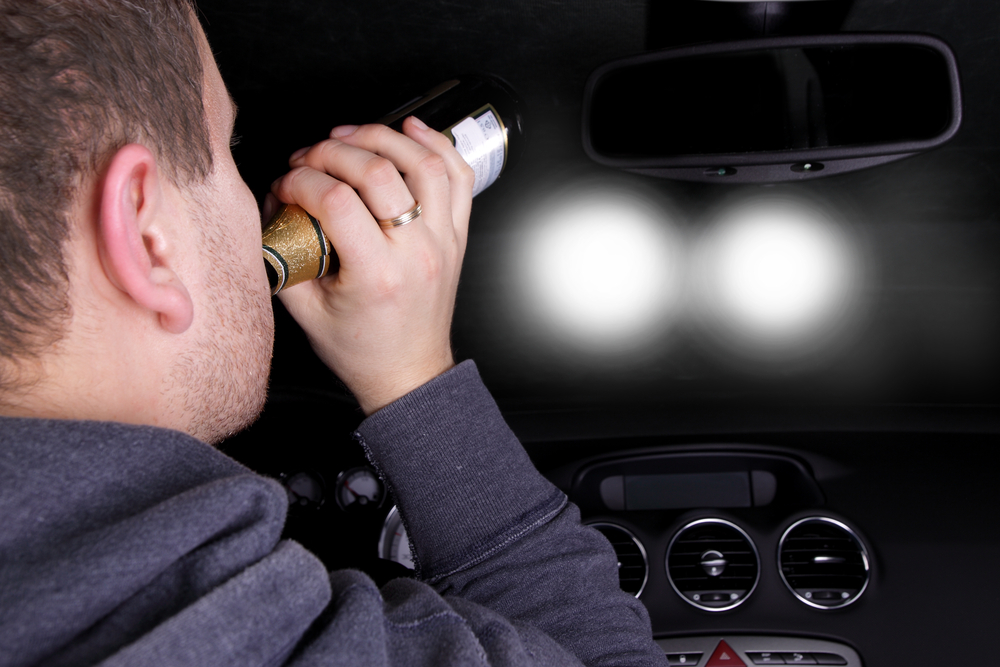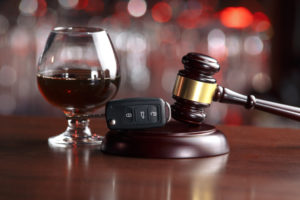
Have you or a loved one been charged with driving while intoxicated? If so, a DWI attorney can offer you legal advice and tailor a defense strategy to your specific situation.
An Addison Criminal defense lawyer from our firm can handle your case from start to finish and work toward the best possible outcome. Mr. Isenberg has more than 30 years of experience as both a former prosecutor and state district judge.
Texas Drunk Driving Laws and Penalties
For Texas drivers age 21+, the legal blood alcohol concentration (BAC) limit is 0.08. If a breathalyzer or blood test reveals that a person was with a BAC of 0.08 or higher, they will probably be arrested for DWI (driving while intoxicated). According to the Texas Department of Transportation (TxDOT), the following penalties may apply:
- First-Offense DWI: Punishment can range from 72 hours to 6 months in jail with no mandatory minimum jail time. Up to a $2,000 fine.
- Second-Offense DWI: Punishment can range from 30 days to one year in jail. There is a minimum jail time of 72 hours upon conviction and up to $4000 in fines.
- DWI with a BAC of 0.15 or higher: Increases the offense from a class B misdemeanor to a class A misdemeanor.
- DWI with an open container in the car: Elevates the offense from a class B to a class A misdemeanor with jail time.
- DWI with an accident: Generally, intoxication assault is a third-degree felony, punishable by 2-10 years of imprisonment and up to $10,000 in fines. However, charges could be as high as a first-degree felony and 5-99 years in prison, depending on aggravating factors.
- DWI accident with injured people: Elevates the charges from a misdemeanor to a felony, and intoxication manslaughter under Texas Penal Code § 49.08 can be a second-degree felony. A conviction can result in 2-20 years of imprisonment and up to $10,000 in fines.
These convictions will typically remain on your criminal record for life, and having been convicted of a DWI can hurt your chances of being hired for a job and damage your reputation. It can also mean you may have to pay hundreds or thousands of dollars in fines, have your license suspended, perform community service, and have an ignition interlock device installed on your vehicle.
Our Addison DWI attorneys can strive to minimize penalties and help you achieve the best possible outcome.
How Can a DWI Lawyer Help Me?
Our attorneys can help you fight your DWI charges and argue for the following possible outcomes:
- Dismissal of some or all charges
- Negotiation of a plea deal for a lesser charge
- Negotiation for lesser penalties, such as community service
The following are other key responsibilities of a DWI attorney:
Identifying Defense Strategies
Attorneys who handle DWI cases know that errors can be made throughout the arrest process. Whether these mistakes are deliberate or not, they can result in innocent persons getting wrongfully charged or having more severe charges than warranted being brought against them. Exposing mistakes in the prosecution’s case is what can potentially help get charges dropped or reduced.
Investigating Your Arrest and Finding Flaws
A DWI attorney can examine your arrest report to ensure the officer adhered to the law. If your vehicle was improperly pulled over or the arrest procedure was not followed, this could lead to a case dismissal.
A lawyer will also review the breathalyzer results or blood tests administered at the time of the arrest. If a breathalyzer wasn’t adequately maintained or lab procedures weren’t followed correctly, your test results may not be admissible at trial. Also, these tests must be performed promptly—blood alcohol concentration (BAC) can rise over time and, if taken hours later, may show a different BAC than a person had when they were driving.
Finding Potential Defenses
Besides problems with breath, blood, and field sobriety tests, there are other possible defenses a DWI lawyer can identify. For example, if a drunk person is found alone in a car, pulled over, and perhaps even in the passenger’s seat, a prosecutor must prove that the individual was actually operating the vehicle and doing so over the legal limit. If they cannot do so, the charges could be dismissed.
Negotiating on the Accused’s Behalf
As noted, negotiating with the district attorney and considering plea deals is a big part of the legal process. It is difficult for the average client to haggle with prosecutors themselves. However, having a DWI lawyer handle these negotiations on your behalf can take the weight off your shoulders.
A DWI attorney can identify any weaknesses in the claim against the accused, and the weaker their case, the better deal one can hope to achieve. If charges aren’t dropped outright, our lawyers can argue for lesser charges and penalties, especially if you don’t have a prior history of DWIs or serious criminal offenses.
Request a Texas DPS (ALR) Hearing
While our legal team goes to work on your case, you can take the necessary steps to keep your driver’s license in the meantime.
In Texas, after your arrest, you will have 15 days to request a Texas Department of Public Safety hearing (also known as an Administrative License Revocation hearing) to determine if you can keep your driver’s license. Failing to do will result in your license being suspended automatically.
Being without a license poses several challenges. You may not be able to commute to work or tend to your personal obligations if you can’t drive. Make sure you request an ALR hearing as soon as possible so your DWI charge does not derail your life any further.
Contact Us Today and Discover How We Can Help
When fighting a DUI charge and conviction, you don’t have to face the legal process alone. You have the right to hire a lawyer. Do not hesitate to reach out to the Law Offices of Randall B. Isenberg. We can build your defense and fight for the best possible outcome.










